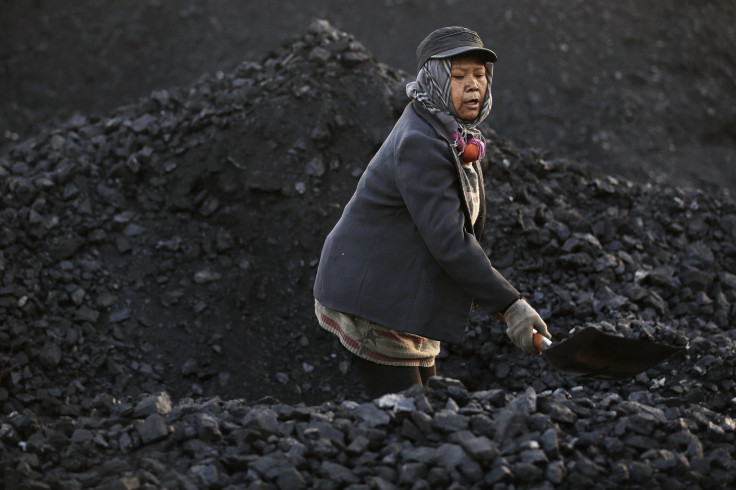Using coal to cook food may increase risk of lung cancer similar to active cigarette smoking

People who frequently use smoky bituminous coal for heating and cooking could be at a higher risk of developing lung cancer, a new study shows. Smoky coals were found to be as harmful as cigarettes, as the two smoke-producing materials could cause same molecular changes that can increase the risk of the cancer.
The study, published in the journal Carcinogenesis, found that non-smoking women in rural China exposed to the smoke of bituminous coal had gene expression patterns in buccal or cheek epithelial cells that were also present in active cigarette smokers. In addition, these women who use smoky coal for heating and cooking are among the people with highest lung cancer rates in the world.
There are about three billion people worldwide who frequently use coal and biomass, such as charcoal, wood, animal dung and crop waste, for cooking and heating, according to researchers at Boston University School of Medicine (BUSM) and the US National Cancer Institute (NCI).
The findings come from the analysis of epithelial cells from healthy, non-smoking female residents of Xuanwei and Fuyuan counties in China who commonly use smoky and smokeless coal. The researchers examined their genome-wide gene-expression profiles and compared the changes associated with coal type.
Results show that there were 282 genes expressed in the buccal epithelium of women who burned smoky coal. The researchers also found that the gene-expression changes caused by smoky coal delivered similar physiologic effects with the gene-expression changes observed in tobacco users.
“These results shed new light on the molecular mechanisms associated with smoky coal exposure and may provide a biological basis for the increased risk of lung cancer," said Avrum Spira, a professor of medicine, pathology and laboratory medicine at BUSM. "We hope genomic profiling of the biologic response to solid fuel emissions will ultimately lead to the development of clinically relevant biomarkers."
In addition, the researchers said the study also indicates the importance of switching to cleaner fuels due to the negative health effects of indoor air pollution like burning smoky coal.





















